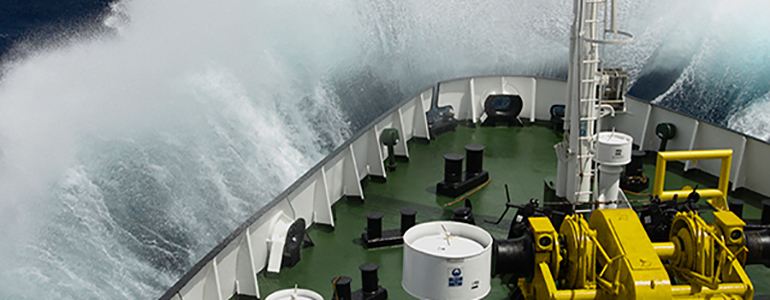International Maritime Organisation's Ballast Water Management Convention to Enter into Force...Are you ready?

05 Sep 2017
IMO has delayed the implementation of the ballast water treatment standard (Regulation D-2) for vessels, however requirements such as ballast water exchange standard (Regulation D-1) and a documented BWM plan must be in place by the 8th September 2017.
Therefore now is the time to act to prevent, minimise and eventually eliminate the transfer of harmful aquatic organisms and pathogens.
The recent changes mean that new build vessels will need to comply with the treatment standard from 8 September 2017, but vessels needing retrofitting will now have to comply by their first IOPP renewal after 8 September 2019.
Ports require policies and procedures to maintain or improve environmental performance of the harbour waters. Requirements will be specific to the needs of the port and may include modelling, monitoring, sampling and testing of ballast water.
Consultancy and Advice: We aim to reduce cost and secure compliance whilst facilitating commercial shipping activities. Therefore we recognise that in developing ballast water management policies and procedures, it is essential to sustain a high level of environmental protection whilst also facilitating commercially important shipping activities. In seeking to implement the requirements and standards set out by the BWM Convention, we help ensure best practices are followed to support prevention of harmful aquatic organisms entering the environment.
Intertek has experience in the development of IMO compliant BWM policies and ensures that our clients' policies are compliant with all relevant European and National legislation (including EU Habitats Directive and Merchant Shipping Regulations). Furthermore, our experts provide reliable advice based on expert testing and treatment solutions for issues such as non-native species introduction and defending protected sites.
Sampling: We have a network of staff based in around 400 ports worldwide, making us available to collect samples of ballast water for analysis in our laboratories.
Testing: We undertake testing of seawater and freshwater ballast water for microbial composition and salinity, as well as providing access to phytoplankton and zooplankton taxonomy including non-native species. Our reports are based on the standards required set out in Regulation D-2 of the IMO BWM Convention.
In summary, to help you prepare for and address the IMO BWM Convention's entry into force we can assist with the following:
- Regulatory Assessment - Understanding your regulatory responsibilities.
- Policy Development - We helped develop the UK's first Port BWM Policy.
- Consultation and Stakeholder Liaison – Navigate this complex and sensitive process.
- Monitoring and Analysis – We supply a full service of sampling and testing of ballast water.
- Exemptions – potentially available within the IMO BWM Convention.
- Advice and Guidance – Such as, designation of areas for ballast water exchange.
All our services are supported by regulatory expertise, state of the art modelling and environmental assessment.
Related Material: Ballast Water Services (342 kb pdf)
